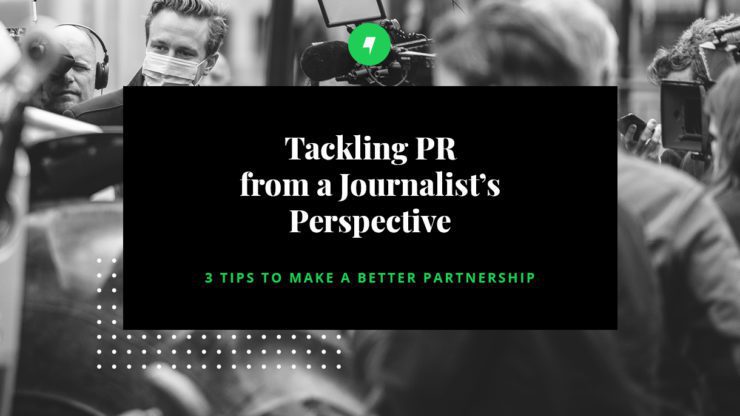It’s no secret that there can be some tension between journalists and PR professionals. Reporters will often complain that their inboxes are being flooded with a deluge of unhelpful and irrelevant pitches that have nothing to do with their beats. Those on the PR side, meanwhile, can feel a sense of frustration when reporters (perhaps equally as often) fail to respond to their thoughtful and well-crafted story ideas.
The truth is that reporters and PR pros have a lot more in common than either might like to admit, and each is an essential part of telling important stories that engage and inform the public.
As a former reporter myself, I’ve been fortunate to gain some insight into how both worlds operate. Here are a few tips to keep in mind when trying to connect with journalists:
Know their beat
This seems obvious—you don’t want to target a transportation reporter with a pitch about a recent court case your law firm client won. However, journalists’ beats tend to be fairly nuanced, and you should always take the time to familiarize yourself with individual reporters and their publications. For example, a legal journalist’s beat may be so broad as to include all intellectual property-related litigation, or it could be segmented into specific jurisdictions or courts. Be sure to take a look at the news outlet as a whole to gauge its organizational structure and whether a different reporter or editor might be a better fit.
Know their need
Whether they work for local, national or trade outlets, journalists are always balancing a mix of daily/spot news and more in-depth enterprise reporting. The key is to understand the rhythm of a reporter’s beat and to make yourself an asset in serving their needs. Try to be flexible in quickly accommodating requests for comment, which often require quick turnaround. But also make sure to check in regularly with high-value reporters to identify upcoming reporting projects, so you can offer relevant subject matter experts.
Know how they work
Few things are as irksome to a reporter as getting stuck on a phone call with a deadline fast approaching. Always email first. Be sure to include a descriptive subject, followed by a clear and cohesive body that gets your pitch across in as few words as possible. Avoid jargon, and perhaps most importantly, make sure your sources are available to talk. Please do not call reporters outside of regular business hours or at the end of the day, unless the matter is truly urgent. If you need to follow up by phone, mid-morning may be a good time to do so.
Remember that the best way to build a relationship with a reporter is to bring them actionable story ideas and compelling voices. As you continue to develop a rapport, communication will become much easier.
Posted In Media Relations, Public Relations
 Tom McParland
Tom McParland 